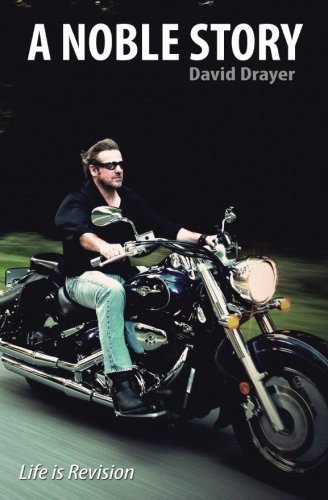Ally Henny is a guest writer for the Huffington Post, a student of theology pursuing a Master of Divinity from Fuller Theological Seminary, and an advocate for racial healing and justice. Her podcast, Combing the Roots, explores the intersection between race, culture, and faith in America.
Back in January, Henny posted a list on her Facebook page including four ways to “de-colonize your bookshelf”. The list includes: (1) adding “books written by black, brown, and indigenous people,” (2) purging your collection of books that are “racist or written by problematic authors” to keep these voices from dominating your library, (3) avoid pigeonholing authors of color so that you keep in mind the diversity of genre as well, and (4) avoid holding authors of color to a higher standard by keeping in mind that, irregardless of ethnicity, some books are bound to be mediocre.
Henny’s post is a call to action specifically for white people who might otherwise never have given much thought to the ways in which they select books to read or the ways in which they frame the stories they write. The mindfulness with which we engage with literature is crucial to creating, deconstructing, and recreating our worldview as we move through life. How do our cultural blindspots influence the stories we tell?
As writers, we are told to read all we can. Maybe the recommendation goes as far as to say, “read the classics.” Unfortunately, literary canons are often complicit in excluding voices of marginalized writers. Even on general bestseller lists like the New York Times, recognize very few writers of color. In 2012, only 3 out of 124 books on their bestseller list were written by authors of color and no African American authors cracked the top ten.
Why is it that books that explore complex race relations in America, the country’s history of slavery and oppression, or even the experience of a person of color in all its variety and nuance, are less likely to be picked up by a white person?
Henry points to a phenomenon called “white fragility,” a term coined by socialist, Robin DiAngelo in her 2018 book White Fragility. According to DiAngelo, white fragility is characterized by discomfort and defensiveness on the part of a white person when confronted by information about racial inequality and injustice. That discomfort can lead to argumentation, silence, or total withdrawal from the situation. DiAngelo explains, “Though white fragility is triggered by discomfort and anxiety, it is born of superiority and entitlement.” In other words, our lack of willingness to talk about race, or listen to others talk about it, supports the status quo, from which white people benefit.
Since the tragic death of George Floyd, and countless other men and women in our country who have been victims of racial injustice, Ally Henny has been making her voice heard–condemning anyone who is complicit in the systems and ideology of racial oppression in our country. One way to answer her call, and to equip yourself for the fight against racism in our country, is to take some time to listen to the stories of writers for whom racism has been and still is prevalent.
For a list of popular postcolonial literature, visit Goodreads.


